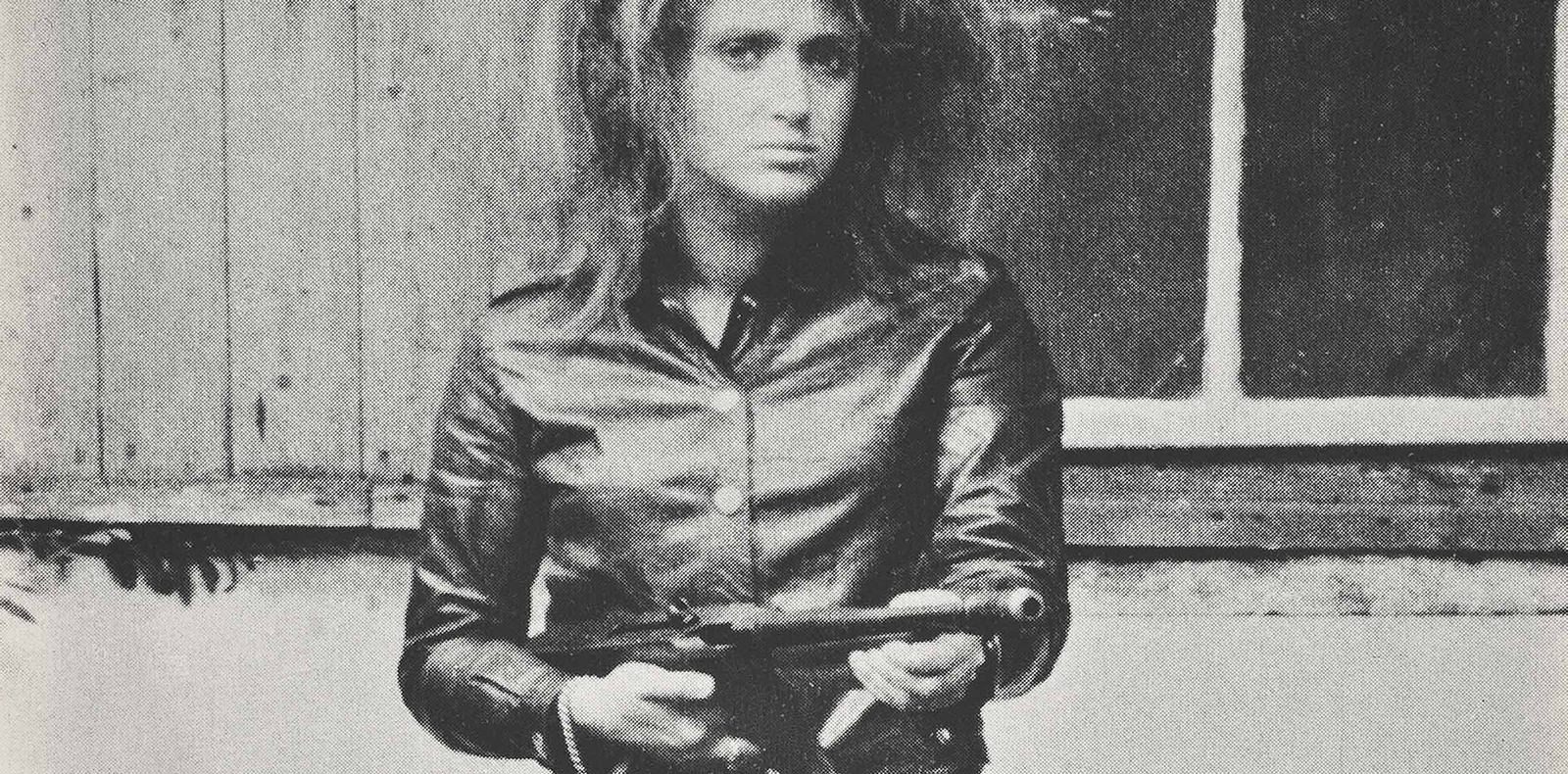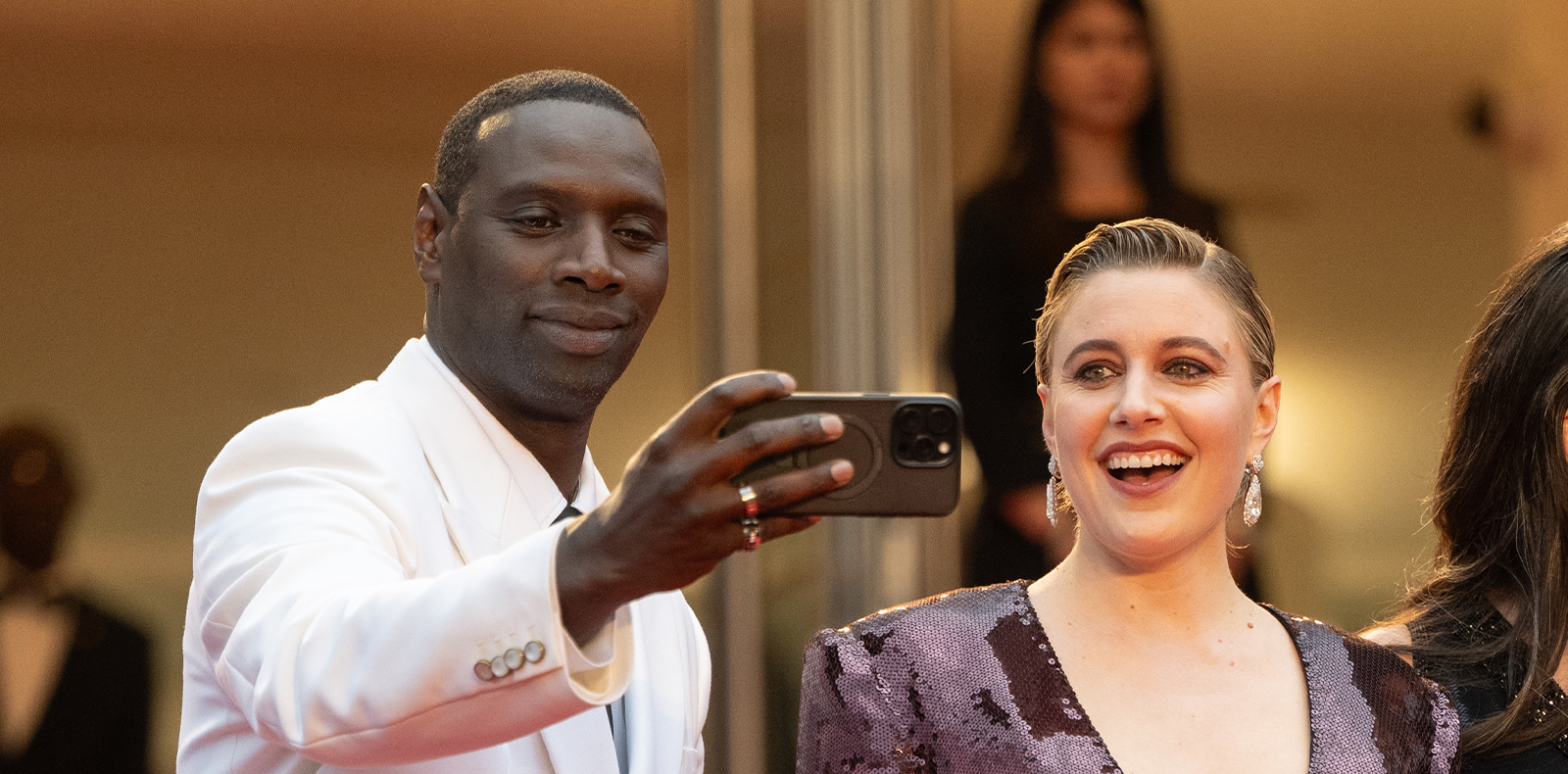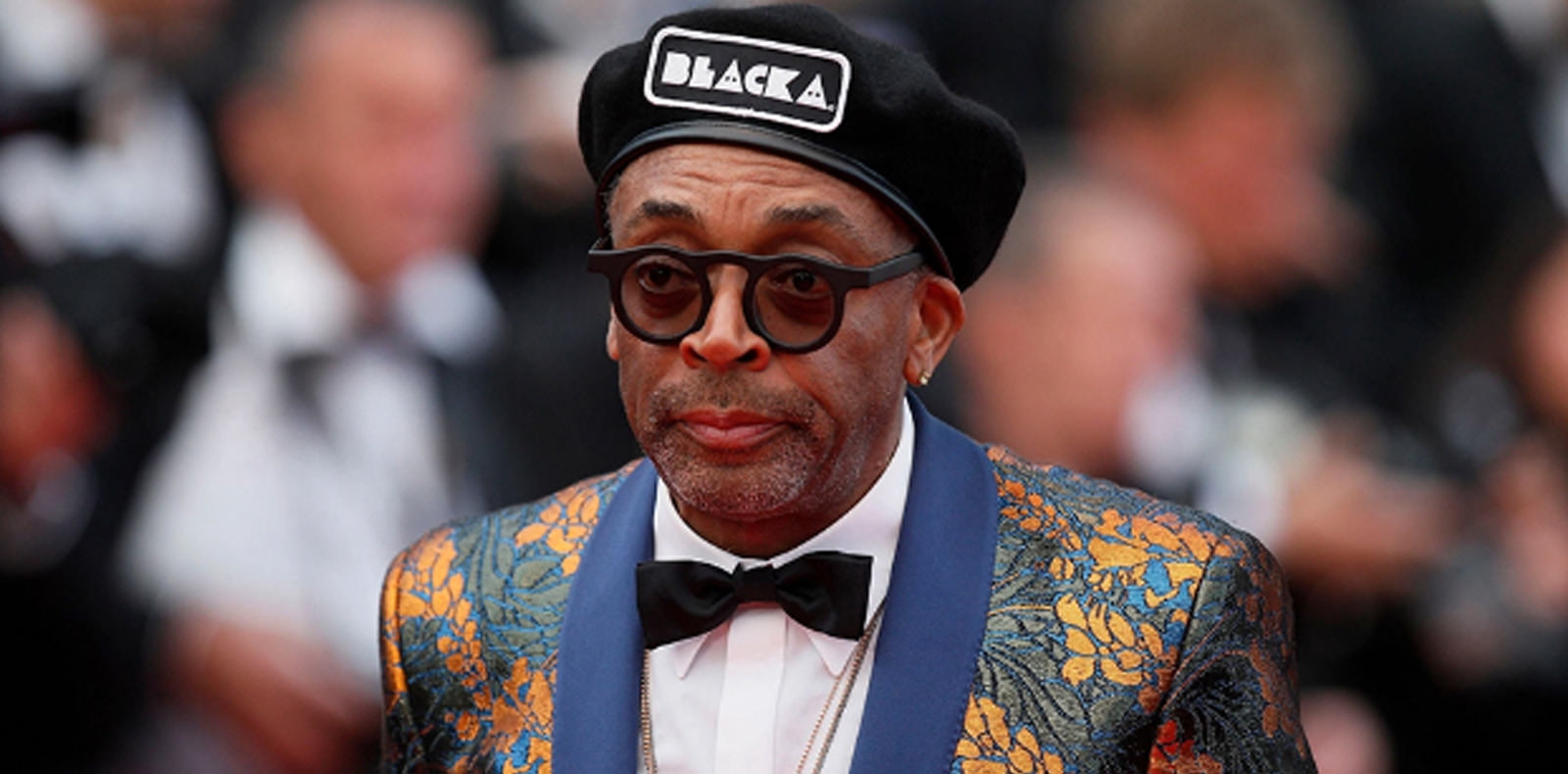
6
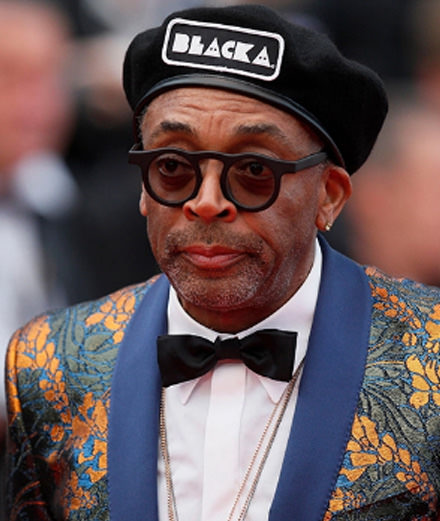
6
Direct from Cannes: Will Spike Lee’s vitriolic America win a prize?
Will Spike Lee’s anti-Trump charge take home a prize from the Cannes Film Festival? Here’s what we think about BlacKkKlansman, which tells the story of a black cop infiltrating the Klan in 1970s America…
By Olivier Joyard.
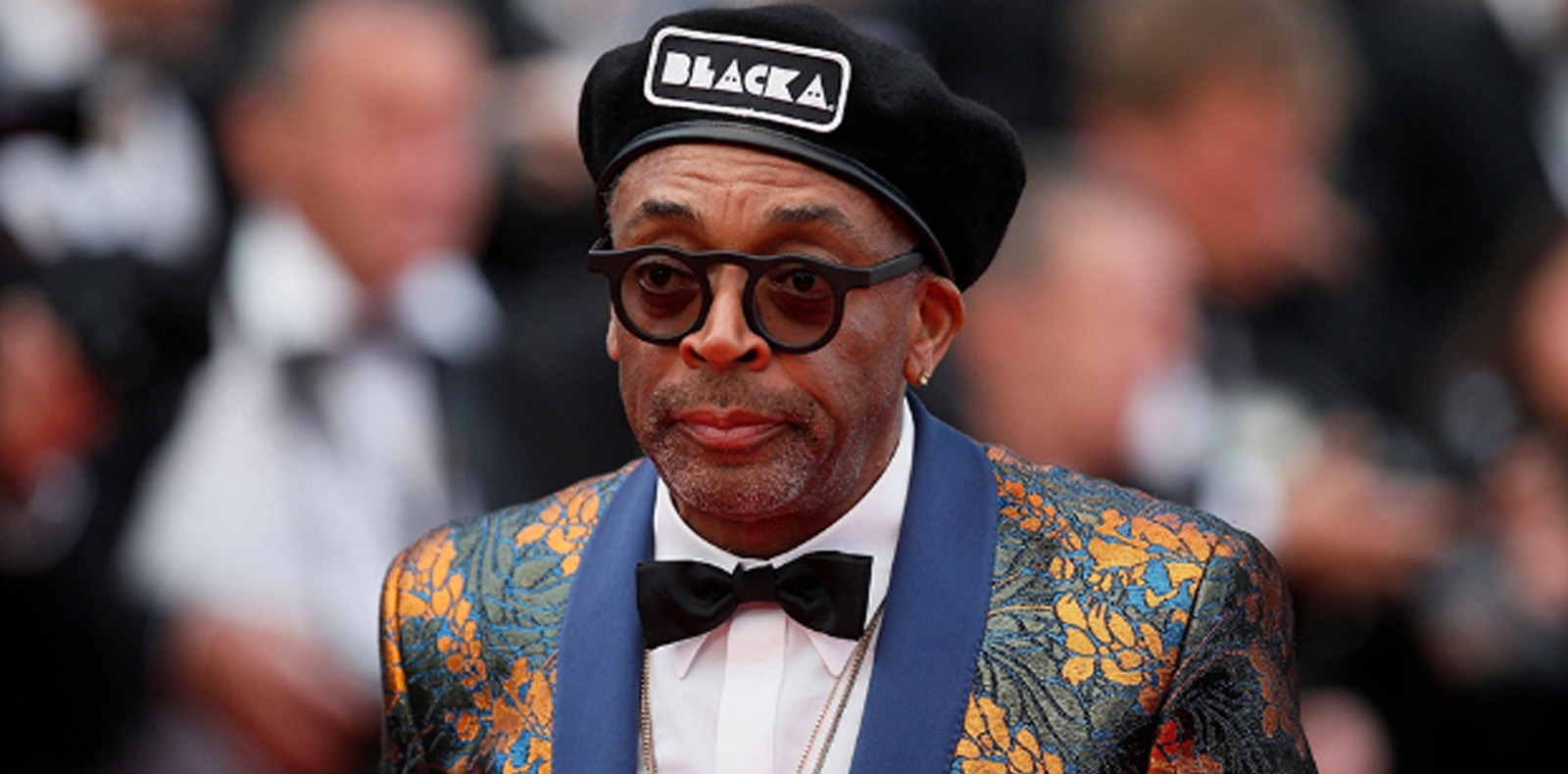
In 2004, Michael Moore won a palme d’or for his anti-Geoge Bush documentary Fahrenheit 9/11, a charge against the war in Iraq after the 9/11 attacks. Fourteen years later, America and its new president are once again at the centre of every conversation and it's quite possible that another ‘Made in the USA’ production could leave Cannes Film Festival with a prize in its suitcase. Maybe not the most coveted, but who knows? Cate Blanchett’s jury will decide this Saturday…
In the ferocious BlacKkKlansman, Spike Lee uses parody and rage to tell the story of Ron Stallworth, a black policeman in the small town of Colorado Springs, who, with the help of white Jewish colleague, infiltrates the local branch of the Ku Klux Klan. It all begins with a phone call during which the man with his big afro passes himself off as a rampant racist. His vitriol seduces the local boss of the Klan. What follows is a long process that’s both funny and terrifying where, supported by his white “double” – the one who goes to the meetings in his place and is played by the ever-excellent Adam Driver -, the only black cop in town manages to gain the confidence of a group of militants driven by a hatred for black people.
Images of violent news comes to inhabit BlacKkKlansman, which overflows with a sometimes-contradictory desire for reconciliation…
The situation doesn’t lack spice and neither does the film, which develops in its best moments, a passion that Spike Lee had lost for a while – apart from the series inspired by his film She’s Gotta Have It, which he directed and was shown on Netflix last year. Taking comedy seriously, BlacKkKlansman plays with an often amusing frontality echoing an America of 40 years ago with today’s America run by a president officially supported by the Ku Klux Klan. The character of David Duke, the first leader in the history of the racist group to have sought “respectability” by wearing three-piece suits regularly spouts direct quotes of recent speeches made by Donald Trump: “Make America Great Again”, “America First”, and so on… Something palpitates in the film, a violence and deaf anger, even if Spike Lee doesn’t always go far enough, as if he is hesitating between a subject-matter film and an action comedy. But the director of Do The Right Thing also knows how to live up to his responsibility as a pedagogue, when he devotes an astonishing passage to one of the founding films of American cinema – Hollywood’s original sin? – The Birth of a Nation by D.W Griffith. This controversial masterpiece long taught in all film schools is perceived here as the industry’s implacable arm of racism.
In a single punch, Spike Lee tries to encompass everything, reflecting on black representation through the story in the contemporary context of the Black Lives Matter movement. Images of violent news stories – race riots, police brutality, recent neo-Nazi marches – come to inhabit BlacKkKlansman, which overflows with a sometimes-contradictory desire for reconciliation – how to escape more than a century of racism via the top – and insurrection – how not to resort to being violent in front of the justice system and state racism? Imperfect and necessary, the film doesn’t manage to achieve the seismic jolt of Get Out by Jordan Peele – who also happens to be a producer on BlacKkKlansman – which was produced in 2016, as a metaphor of a horror movie about the USA slavery superego. But it does show that after Black Panthers and the fantastic series Dear White People, the black point of view is expressed with more freedom and height than ever in 2018. While Spike Lee’s film isn’t revolutionary, the movement it belongs to undoubtedly is. And it was high time.






